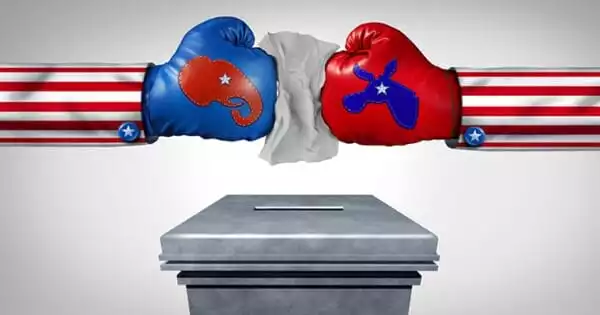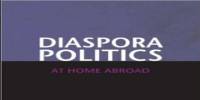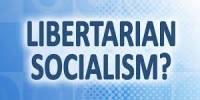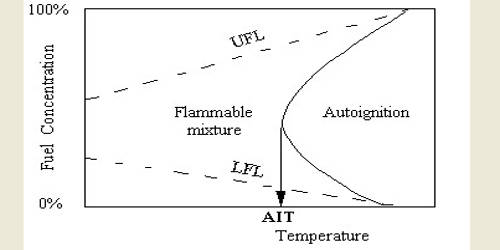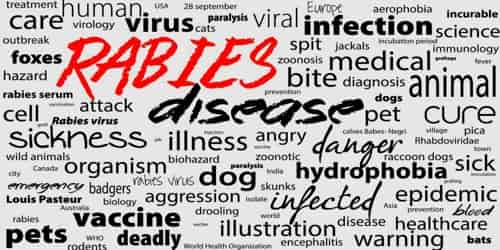The rapidity with which scientists produced and tested the COVID-19 vaccine is a remarkable scientific accomplishment, one that would not have been possible without the more than 70,000 volunteers who took part in the vaccine’s clinical trials.
The involvement of the general public is important to the success of any medical research project. However, finding volunteers for clinical trials is becoming increasingly difficult. According to new research from Washington University in St. Louis, the growing ideological divide in the United States may be contributing to these issues. According to new research, the growing ideological divide in the United States may be to blame.
According to the findings, Americans regard opportunities to contribute to medical research with either a general distaste or a strong desire to engage. This study concludes that proclivity is influenced, at least in part, by political ideology.
While there has been much discussion about Black people’s suspicion of the medical system and research in particular, the current study, published in Scientific Reports, is the first to show the effect of political ideology on willingness to accept science and participate in medical research.
“According to our findings, conservatives are less likely to participate in medical research than liberals. This disparity is attributable, in part, to ideological variations in scientific trust” said Matthew Gabel, an Arts & Sciences professor of political science. This schism has the potential to have ramifications.
“An ideological split in such engagement could jeopardize both the execution and quality of medical research,” warned Gabel. “Given the varied regional distribution of political ideology, our findings present critical challenges for recruiting study participants and gaining political backing for medical research. It may also jeopardize the generalizability of medical studies because crucial health behaviors, such as smoking, vary with Americans’ political beliefs.”
According to our findings, conservatives are less likely to participate in medical research than liberals. This disparity is attributable, in part, to ideological variations in scientific trust. An ideological split in such engagement could jeopardize both the execution and quality of medical research.
Professor Matthew Gabel
A problem decades in the making
For decades, the issue has been brewing. However, the topic received little media attention until recently, when the COVID-19 outbreak highlighted the huge differences between liberals and conservatives. A new nationwide survey, for example, discovered that Independents and Republicans were around three times more likely than Democrats to exhibit hostility to the COVID-19 vaccine.
Gabel, on the other hand, noticed the writing on the wall long before the pandemic. He and colleagues, including John C. Morris, MD, the Harvey A. and Dorismae Hacker Friedman Distinguished Professor of Neurology and Director of the Alzheimer’s Disease Research Center at the School of Medicine; Catherine M. Roe, associate professor of neurology at the School of Medicine; and Stanford University’s Jonathan Gooblar, wanted to better understand why some people were more inclined to participate in medical research than others.
“The usefulness of human subjects research is significantly dependent on the successful recruitment of a representative group of volunteers. To do so, we must first understand the origins of bias in who is recruited and who is likely to accept invitations to join” Gabel stated.
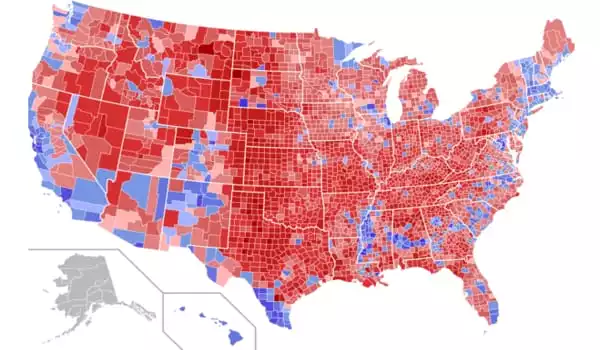
The poll data was evaluated from the July 2014 and September 2015 waves of The American Panel Survey, which is managed by Washington University’s Weidenbaum Center on the Economy, Government, and Public Policy. The poll questioned about past and potential participation in medical research-related activities such as a drug clinical trial, a long-term observational study, a medical research fundraisers, and blood donation.
It also included hypothetical questions concerning one’s willingness to donate an organ after death and to take part in an Alzheimer’s disease study. They limited their analysis to respondents 45 years old or older because younger respondents would have been ineligible to participate in the long-term research, clinical trials, and hypothetical Alzheimer’s Disease study. In total, 1,132 people participated in the study.
Lack of trust is only part of the problem
The researchers discovered that persons with conservative ideologies are systematically less likely to participate in medical research, owing to their lower levels of faith in science. However, a lack of trust in science accounted for just approximately a fourth of the effect.
“This suggests that if we want to lessen or eliminate the ideological divide in medical research involvement, we may do some of that by attempting to increase trust in science among conservatives,” Gabel explained. “However, even if we are extremely effective at this, my study reveals that conservatives will be less likely to join for ideological reasons unrelated to trust in science.”
This rift is a threat to the generalizability of medical studies.
“Because of the ideological difference in medical research involvement, clinical trials and other long-term observational studies are likely to over-represent persons with liberal political ideologies. Because key health diseases and behaviors, such as smoking, excessive drinking, diets, and death rates, fluctuate with political ideology, this can have an impact on the quality of studies “Gabel stated.
“Given the quantity and political importance of conservatives, as well as the relative stability of Americans’ ideological commitments,” Gabel stated, “this difference could represent a considerable impediment to the practice, advancement, and influence of science in the United States.”
